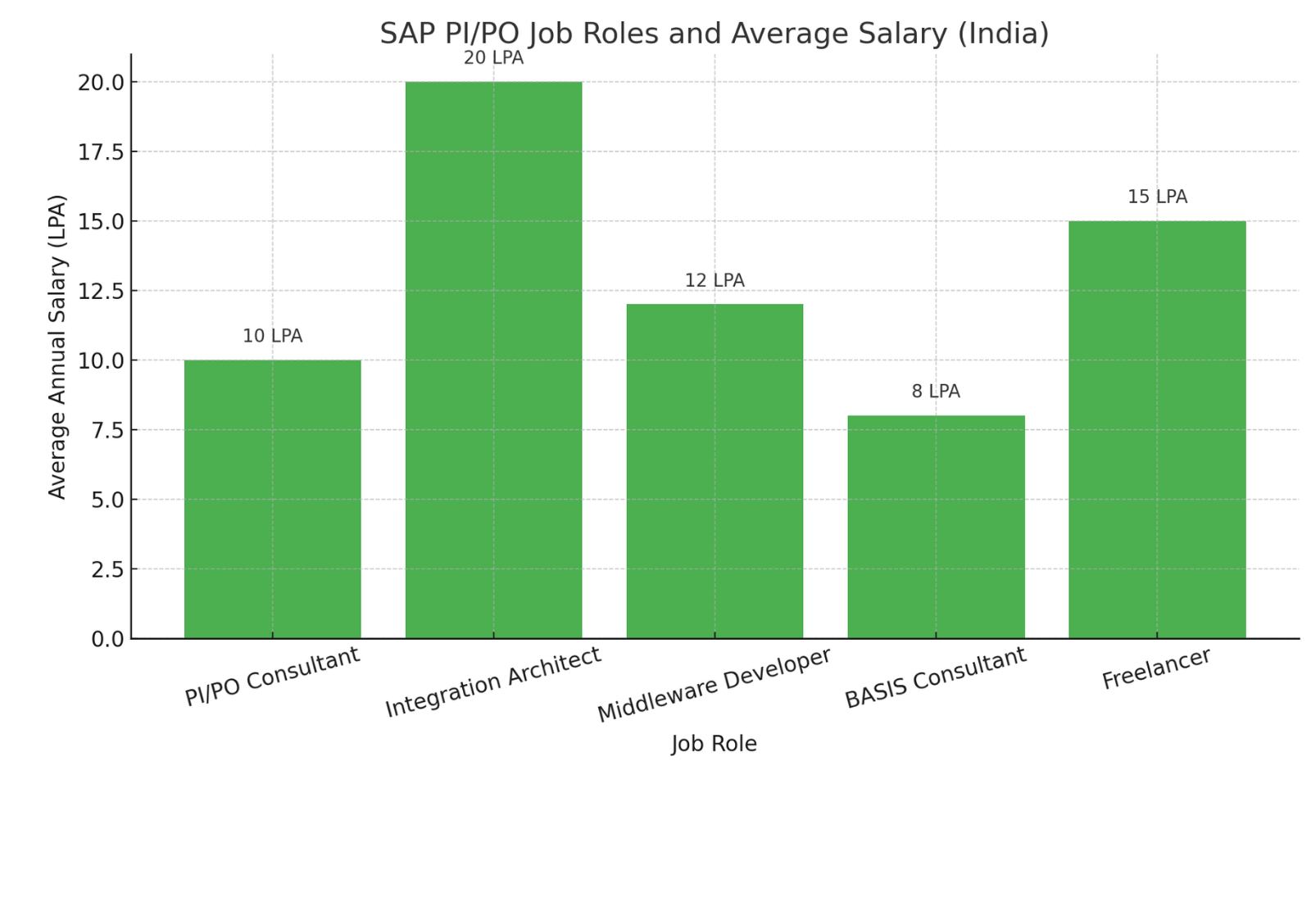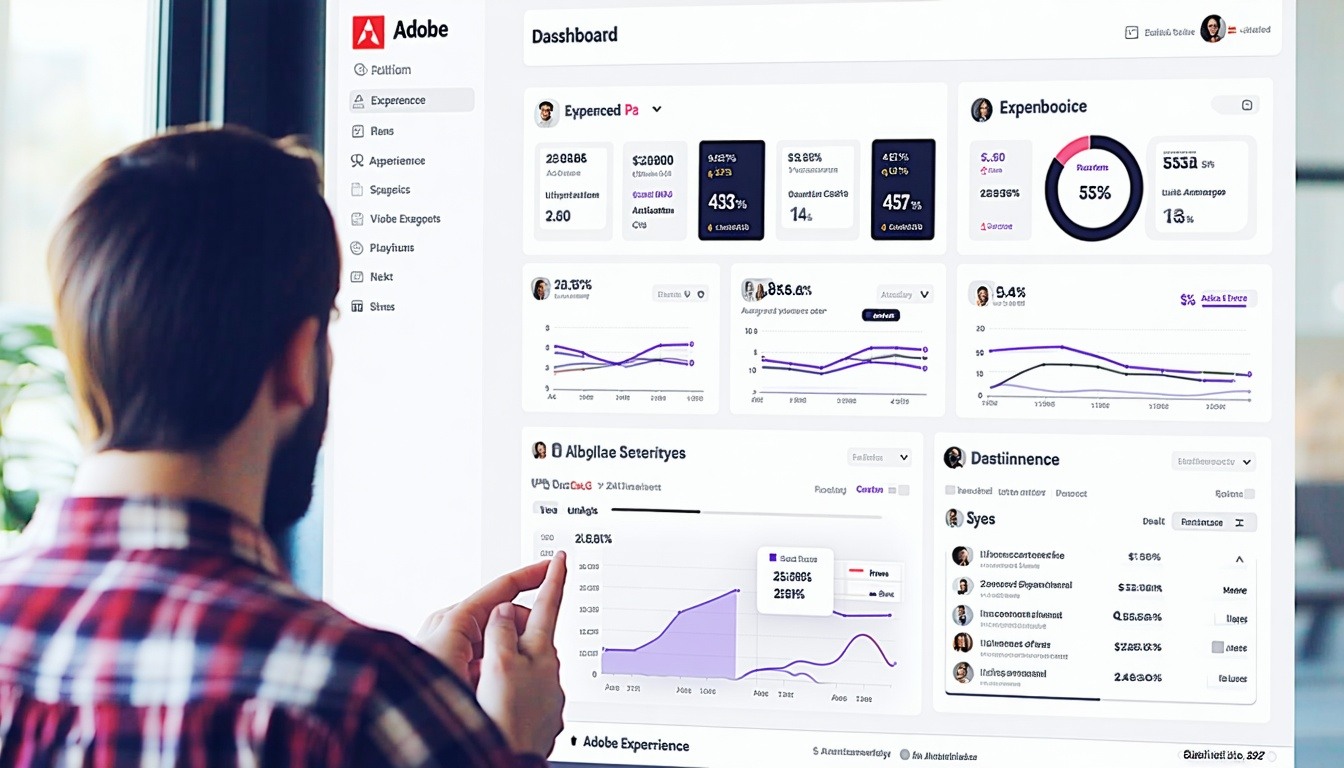Accelerate Your Career with SAP PI/PO Integration Training
In today’s dynamic IT landscape, seamless system integration is the heartbeat of enterprise success. Businesses using SAP require efficient data exchange across diverse applications and platforms — and SAP PI/PO (Process Integration/Process Orchestration) plays a pivotal role in this process. Whether you're an aspiring SAP consultant or an experienced IT professional looking to upskill, SAP PI/PO integration training can open doors to high-growth career opportunities.
Table of Contents
- What is SAP PI/PO?
- Why SAP PI/PO Skills are in Demand
- Who Should Take SAP PI/PO Training?
- Core Modules Covered in SAP PI/PO Training
- Key Benefits of SAP PI/PO Integration Training
- Career Paths and Job Roles after Training
- SAP PI/PO Salary Trends
- Tips to Succeed in SAP PI/PO Training
- Conclusion: Your Gateway to SAP Integration Success
What is SAP PI/PO?
SAP Process Integration (PI) and SAP Process Orchestration (PO) are middleware tools by SAP that enable integration between SAP and non-SAP systems. These platforms:
- Facilitate seamless data transfer between applications.
- Offer message transformation, routing, and monitoring.
- Ensure secure and reliable system communication.
SAP PI is the earlier version focusing on integration using adapters and integration engine, while
SAP PO combines PI with BPM (Business Process Management) and BRM (Business Rules Management), making it more robust and flexible.
Why SAP PI/PO Skills are in Demand
In the era of hybrid cloud architectures and real-time processing, integration is no longer optional—it's essential. Companies across industries like manufacturing, retail, telecom, and finance rely on SAP PI/PO to keep their digital ecosystems connected.
Here’s why professionals with SAP PI/PO skills are in high demand:
- Enterprises run on heterogeneous systems that must communicate seamlessly.
- Organizations migrating to S/4HANA need expert integrators.
- PI/PO consultants reduce downtime and integration errors.
- They support business agility and process automation.
Who Should Take SAP PI/PO Training?
SAP PI/PO is ideal for both beginners and experienced professionals in IT, especially those working in integration, development, or architecture roles.
Recommended for:
- SAP Consultants (ABAP, BASIS)
- Middleware Developers
- System Integration Engineers
- EAI/BPM Professionals
- Freshers with technical backgrounds (Computer Science, IT)
Core Modules Covered in SAP PI/PO Training
An effective SAP PI/PO training program covers hands-on learning in:
| Module | Key Concepts Covered |
|---|---|
| Introduction to SAP PI/PO | Architecture, Components, Use Cases |
| System Landscape Directory | Technical system config, business systems |
| Integration Repository | Design objects, Data Types, Message Types |
| Integration Directory | Configuration scenarios, Communication channels |
| Adapter Engine | File, JDBC, IDoc, SOAP, REST, SFTP adapters |
| Message Monitoring | Runtime Workbench, Message Tracking |
| Business Process Management (BPM) | Human-centric workflows |
| Business Rules Management (BRM) | Rule-based processing |
Many training programs offer live projects and real-world scenarios using Eclipse-based tools and NWDS (NetWeaver Developer Studio).

Key Benefits of SAP PI/PO Integration Training
Here’s how SAP PI/PO training can supercharge your career:
1. Strong Technical Foundation
Learn end-to-end system integration, messaging protocols, and error handling.
2. Global Career Opportunities
Work with MNCs and consulting firms across the globe.
3. Diverse Job Roles
Move into architecture, development, or solution consultant roles.
4. Better Pay Packages
Earn higher than average salaries with SAP middleware specialization.
5. Real-World Readiness
Gain experience on real-time integration projects and tools.
Career Paths and Job Roles after Training
After completing SAP PI/PO training, you can explore roles such as:
| Job Role | Description |
|---|---|
| SAP PI/PO Consultant | Responsible for configuring and managing integration flows. |
| SAP Integration Architect | Designs and oversees complex integrations across SAP and non-SAP systems. |
| SAP Middleware Developer | Develops custom adapters and message mappings. |
| SAP BASIS Consultant | Manages PI/PO system performance and upgrades. |
| Freelance SAP Integration Expert | Offers specialized services to SAP clients. |
SAP PI/PO Salary Trends
According to Glassdoor and Naukri, here’s an overview of average SAP PI/PO salaries (in INR):
| Role | Experience | Average Annual Salary |
|---|---|---|
| Entry-Level Consultant | 0-2 years | ₹4 - ₹6 LPA |
| Mid-Level Consultant | 2-5 years | ₹8 - ₹12 LPA |
| Senior Integration Architect | 5+ years | ₹15 - ₹25+ LPA |
 Tips to Succeed in SAP PI/PO Training
Tips to Succeed in SAP PI/PO TrainingTo make the most out of your training journey, follow these tips:
- Understand the Basics of XML, SOAP, REST, and Web Services.
- Practice Message Mappings with real scenarios.
- Set up a PI/PO sandbox for hands-on experiments.
- Refer to SAP Help Portal and SAP Community forums.
- Earn Certification to validate your expertise.
Conclusion: Your Gateway to SAP Integration Success
As enterprises accelerate their digital transformations, SAP PI/PO professionals are at the forefront of innovation. Investing in SAP PI/PO integration training is not just about learning a tool—it’s about becoming a strategic problem solver in a connected world.
Whether you're a fresher entering the SAP ecosystem or a developer looking to specialize, this training will give you the edge in a competitive job market.
You May Also Like
These Related Stories

Master SAP FICO in S/4HANA: Step-by-Step Guide for Freshers
.png)
5 Reasons Why Learning Python Will Boost Your Career Prospects

No Comments Yet
Let us know what you think